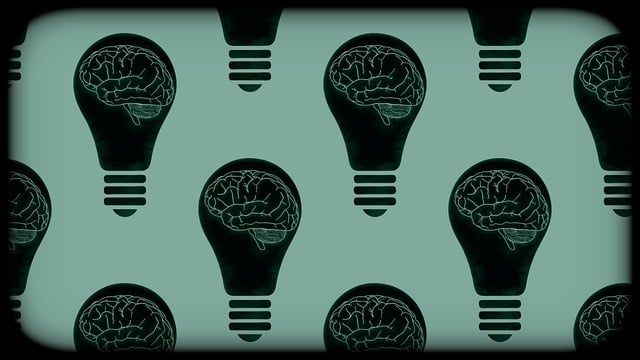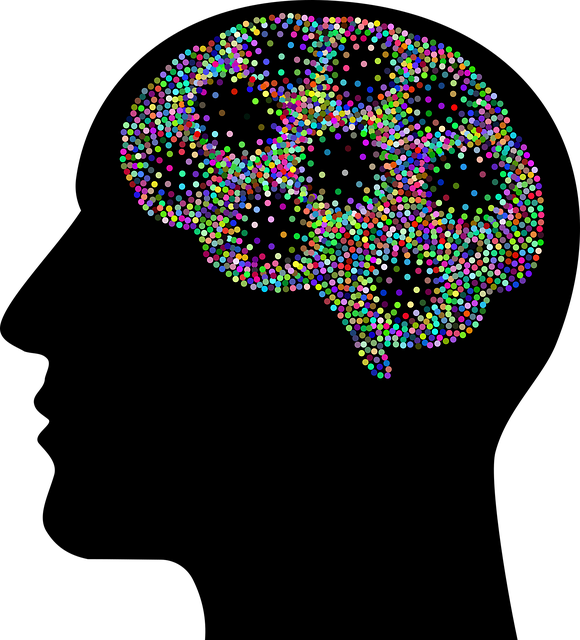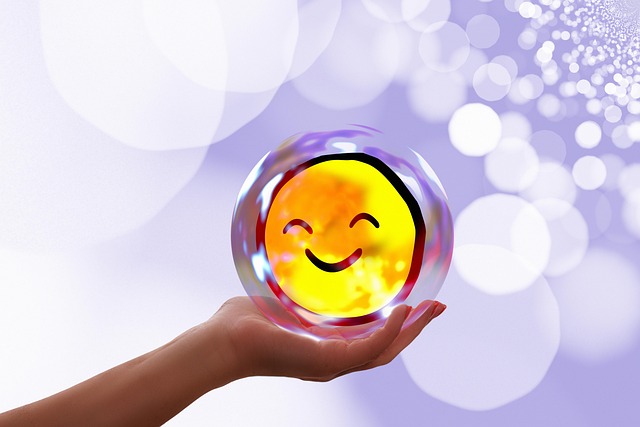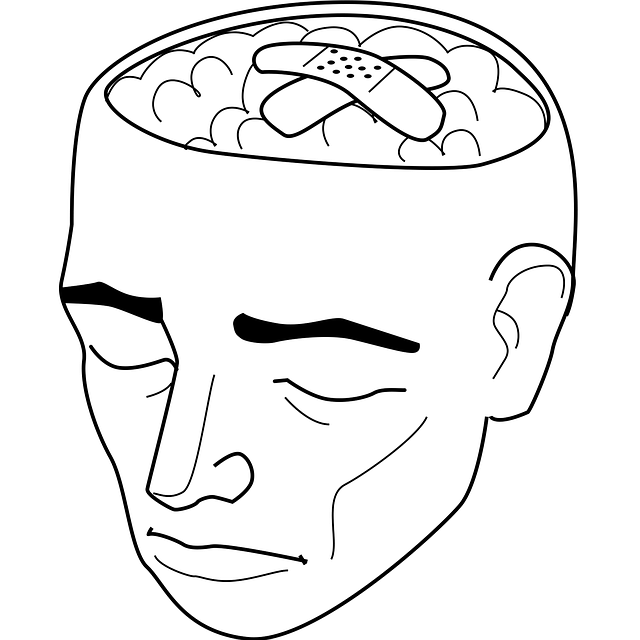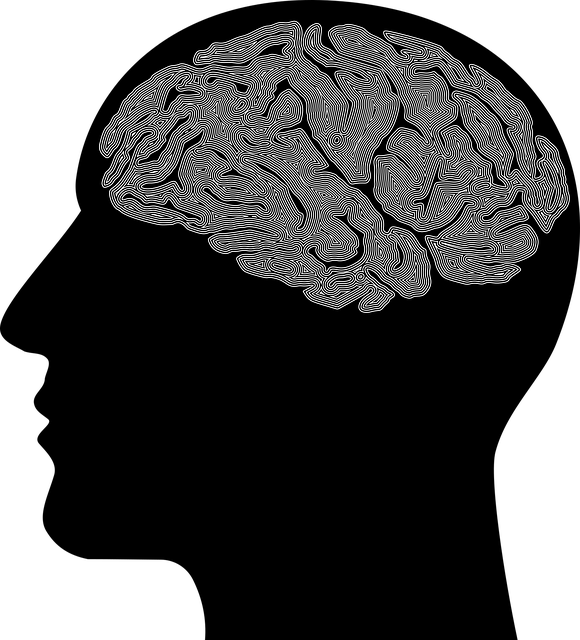Mindfulness meditation emerges as a superior Post-Traumatic Stress Disorder (PTSD) therapy, offering individuals a holistic path to recovery through present-moment awareness and non-judgmental acceptance. Regular practice, emphasized by the Stress Management Workshops Organization, reduces stress, anxiety, depression, and promotes emotional well-being. By integrating mindfulness into daily life, individuals can better manage traumatic memories, enhance social skills, and foster deeper connections, ultimately improving mental health outcomes.
Discover the transformative power of mindfulness meditation, a game-changer in superior Post-Traumatic Stress Disorder (PTSD) therapy. This article guides you through a comprehensive journey, starting with understanding how mindfulness tackles PTSD symptoms. We explore the profound benefits of regular practice, offering techniques and tips to ensure effective sessions. Furthermore, learn practical ways to integrate mindfulness into daily life, fostering resilience and enhancing overall well-being.
- Understanding Mindfulness Meditation for PTSD
- The Benefits of Regular Practice
- Techniques and Tips for Effective Sessions
- Integrating Mindfulness into Daily Life
Understanding Mindfulness Meditation for PTSD

Mindfulness meditation has emerged as a powerful tool for managing and overcoming Post-Traumatic Stress Disorder (PTSD). This ancient practice, which involves focusing one’s awareness on the present moment, can help individuals navigate the challenges associated with traumatic experiences. By cultivating a non-judgmental and accepting mindset, mindfulness offers a unique approach to healing that goes beyond traditional therapy methods.
For those seeking superior post-traumatic stress disorder therapy, incorporating mindfulness meditation into their routine can be life-changing. Stress Management Workshops Organization often emphasize compassion cultivation practices within their programs, recognizing the importance of self-care and empathy in trauma recovery. This holistic approach encourages individuals to develop a deeper sense of self-compassion, fostering resilience and emotional well-being. Mindfulness allows folks to confront and process traumatic memories without triggering intense reactions, thereby enhancing their ability to lead fulfilling lives despite the challenges posed by PTSD.
The Benefits of Regular Practice

Regular mindfulness meditation practice offers a plethora of advantages for mental health and overall well-being. It has been scientifically proven to reduce stress, anxiety, and depression, fostering a sense of calm and emotional balance. By training the mind to stay present, individuals can enhance their ability to manage challenging situations, leading to better coping mechanisms. This is especially beneficial for those dealing with post-traumatic stress disorder (PTSD), as mindfulness has emerged as a superior therapy alternative, providing long-lasting relief from traumatic memories and flashbacks.
Beyond its impact on mental health awareness, consistent meditation can improve social skills training by increasing empathy and self-awareness. It encourages individuals to become more attuned to their surroundings, fostering deeper connections with others. This heightened mindfulness can also benefit the production of mental wellness podcast series, where content creators can share their journeys and inspire others, contributing to a growing community dedicated to improving mental health through various practices.
Techniques and Tips for Effective Sessions

Mindfulness meditation is a powerful tool for managing stress and improving mental health, especially as a superior post-traumatic stress disorder (PTSD) therapy. To make your sessions more effective, consider these techniques and tips. First, create a peaceful environment free from distractions. A quiet, comfortable space encourages deep focus and relaxation. Next, set a specific duration for each session, whether it’s 10 minutes or an hour, to cultivate discipline and ensure consistent practice.
Breath awareness is another key aspect. Concentrate on your inhalation and exhalation, noticing the rhythm of your breath. This simple act anchors you in the present moment and facilitates mental clarity. Incorporate body scans to enhance relaxation further. By systematically focusing on different parts of your body, you can release physical tension and deepen your mindfulness. Additionally, regular practice helps establish a routine, making it easier to integrate meditation into your daily life and promoting overall well-being.
Integrating Mindfulness into Daily Life

Integrating mindfulness into daily life can be a powerful tool for managing stress and enhancing overall well-being. Beyond its benefits for mental clarity and emotional regulation, mindfulness meditation has emerged as a superior post-traumatic stress disorder (PTSD) therapy, offering individuals a means to process traumatic memories and reduce the impact of distressing events. By cultivating present-moment awareness, individuals can develop a deeper sense of self-awareness and self-compassion, which are essential for healing and growth.
Public awareness campaigns development has played a crucial role in normalizing mindfulness practices, fostering a broader understanding of their potential for Self-esteem improvement and mental health policy analysis and advocacy. Integrating mindfulness into daily routines can be as simple as taking a few minutes each day to focus on the breath or engaging in mindful eating. These small acts contribute to a cumulative effect, where consistent practice leads to enhanced resilience and improved coping mechanisms, ultimately promoting better mental health outcomes.
Mindfulness meditation, as a practice, offers a powerful tool for managing Post-Traumatic Stress Disorder (PTSD). Its benefits are well-documented, from reducing symptoms to enhancing overall well-being. By integrating effective techniques and tips discussed in this article, individuals can transform mindfulness into a superior PTSD therapy accessible to all. Regular practice allows one to cultivate presence, resilience, and peace, ultimately enriching daily life with greater awareness and balance.
